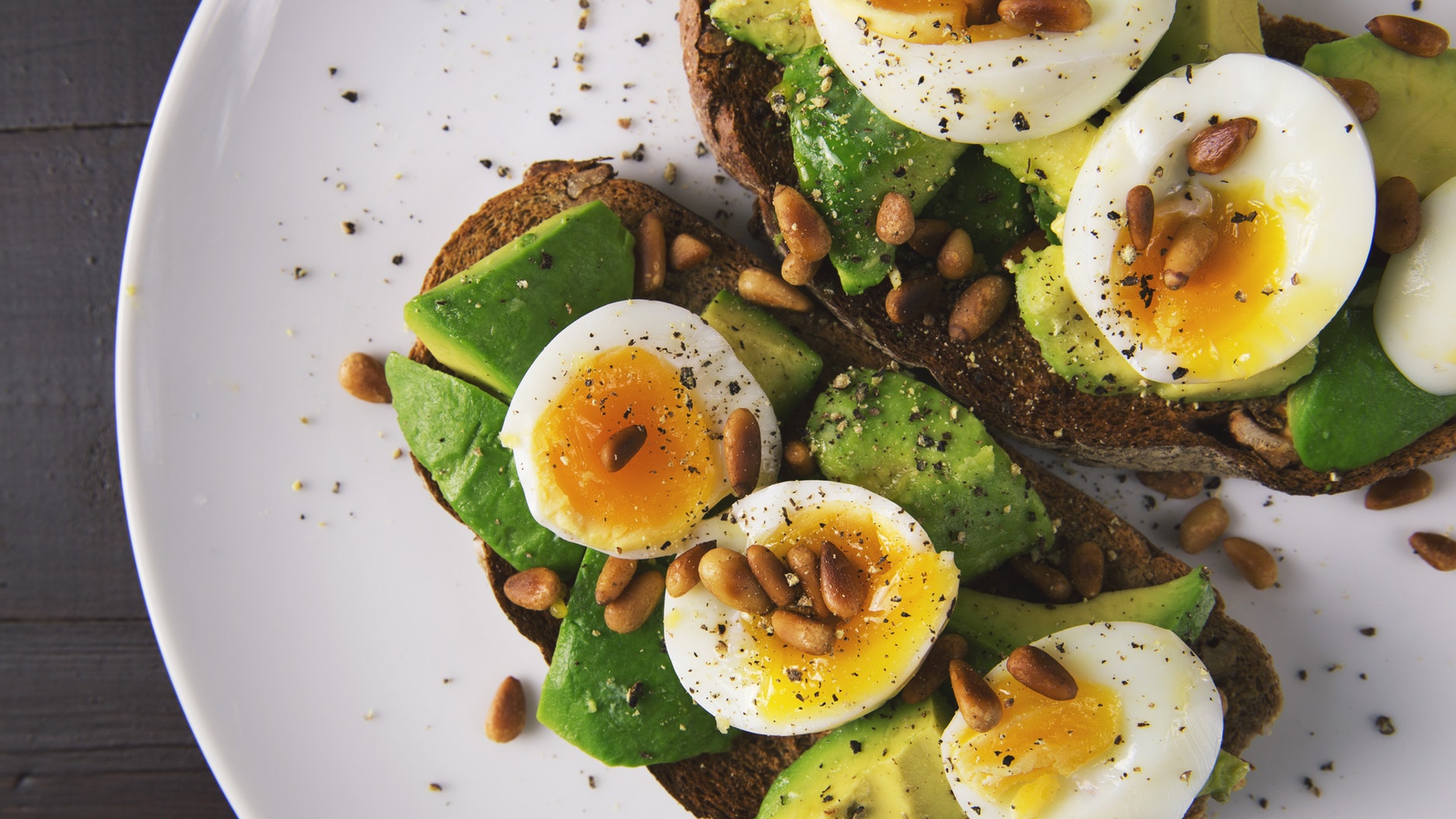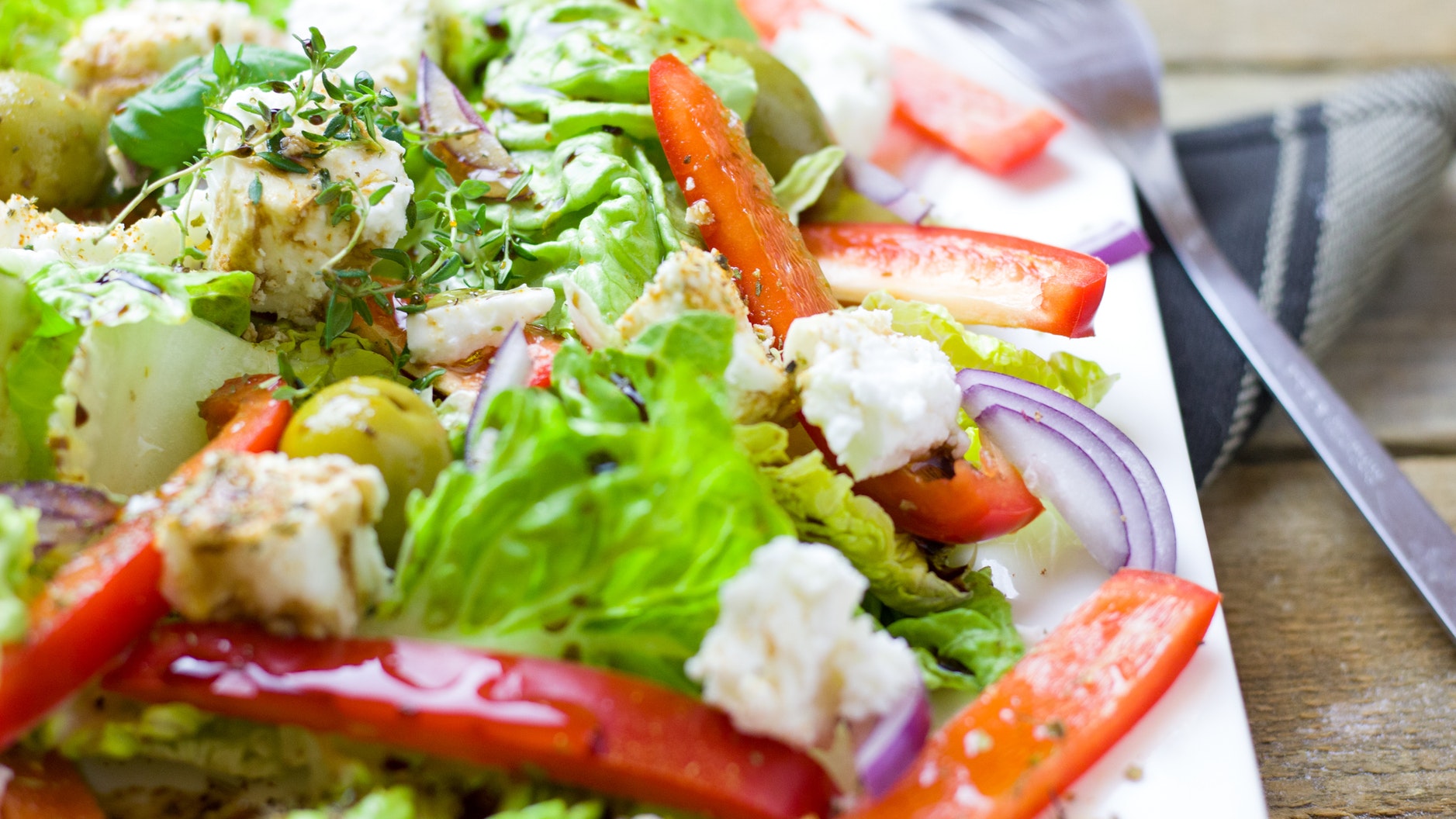With summer almost over most of us are getting tired of our diet and trying to look good. There’s not much time to show off our hard work. Let’s face it, many of us aren’t really sticking to our diet like how we were in May.
The good news is there are two diets we can easily follow throughout the fall and winter to keep us in good shape. The keto diet and Mediterranean diet are two very popular diets that showing good results. In this article we will discuss each and compare the two.
Keto Diet

Keto is a low-carb type of diet that helps the body burn fats faster and effectively. When the body receives low or no carbohydrates, it automatically undergoes ketosis. Ketones are small fuels that are an alternative source of energy.
When the body receives small amounts of carbohydrates and protein, it produces ketones which can be quickly broken down into blood sugar. In the digestive system, the liver is responsible for producing ketones and making the hungry brain fueled. The brain cannot function with fat directly but can sustain when fueled by ketones or glucose. Because the brain consumes most of the energy, this strategy helps in maintaining brain functions while reducing weight.
Although many people who undergone keto diet experienced better health, performance and weight loss, symptoms such as bad breath, dry mouth, and frequent urination are some of the visible results when the body is under ketosis. There may be restrictions in keto such as avoiding grains, yam, sweet potatoes, and tubers on the daily basis. This also allows you to eat meat, high-fat dairy, green-leafy, and high-ground vegetables, nuts, fats, and oils.
Mediterranean Diet

The Mediterranean diet believe it or not has been found to be one of the healthiest diets in the world. People on this diet believe in eating healthy, unprocessed foods. It differs from the paleo diet in that this diet is essentially plant-based, focusing on the foods: vegetables, fruits, whole grains, legumes, nuts, and oils. These are the foods that the diet stresses eating the most of. You might be asking where the protein comes from. The Mediterranean diet emphasizes eating a moderate amount of dairy, eggs, white meat, and fish. That means red meat is lumped in the no-no category with processed foods, sugar, and meat.
Besides these qualities, the diet incorporates several other interesting aspects. For one, people on this diet are encouraged to use plenty of olive oil and to drink wine (in moderation). This doesn’t mean you should fry every meal and get drunk every night. But it certainly does allow a small amount every day.
The diet also calls for cultural and lifestyle elements since our mental health ties in with our physical health. Examples of such elements include social activities like a culinary workshop and physical activities. It’s important to keep you social lifestyle healthy along with your diet.
Similarities and Differences

It would seem these two diets are quite different. However they do have similarities. One of these similarities is the incorporation of fats. The keto diet encourages high fat intake to provide energy for the body. Meanwhile, although the Mediterranean diet doesn’t encourage fats as much as keto, fats are definitely welcome in the diet. This is especially true for healthy fats. Another similarity is both incorporate grains, vegetables, and nuts. Many diets restrict their users to mainly vegetables, not allowing much fat.
Despite the few similarities, one can see these two diets are fundamentally different. Keto reduces carbs so low your body undergoes ketosis, whereas the Mediterranean diet allows whole grains. So you can eat carbs on the Mediterranean diet as long as they’re healthy. Also, keto encourages eating a high quantity of meat. This can lead to health problems if users begin to eat too much bad meat. The Mediterranean diet says white meat and fish should only be eaten in moderation while red meat should be avoided period.
In the big picture, both diets have different purposes. Keto is more extreme and because of that your weight loss results will be more extreme. The extreme cut in carbohydrates combined with lots of fats will help you lose considerable weight while allowing muscle mass to be preserved.
On the other hand, the Mediterranean diet is not extreme at all. It emphasizes healthy, nutritious foods and eating a balanced amount of protein, carbs, and fats. Weight loss will occur but not as much as keto. The most important thing I think everybody should think about is how healthy the Mediterranean diet is. Everyone is so concerned about cutting something out of their diet to lose a bunch of weight. This is great but oftentimes we do it unhealthily. The Mediterranean diet has been extensively studied and all studies point to the diet being the healthiest diet you can choose. In fact, the risk for nearly all diseases associated to health was the lowest on this diet. And there’s more! Studies show this diet incorporates the highest levels of antioxidants! The Mediterranean diet may not provide you with the exact weight loss you were looking for, but you will come out much more healthy than another diet.
Conclusion
The Keto and Mediterranean diets are two popular diets of the countless out there nowadays. Though they are similar in the foods they allow, the fundamental principles of each differ. The keto diet is a great way to lose a lot of weight fast, but the Mediterranean diet is a fantastic overall diet that will leave your insides in tip-top shape. When choosing which diet is best for you it comes down to whether or not you want to look good outside or inside. The Mediterranean diet may not provide the quick results you need, but if you stick to the diet and you are consistent with your exercise, over time you will get to the body you want.



